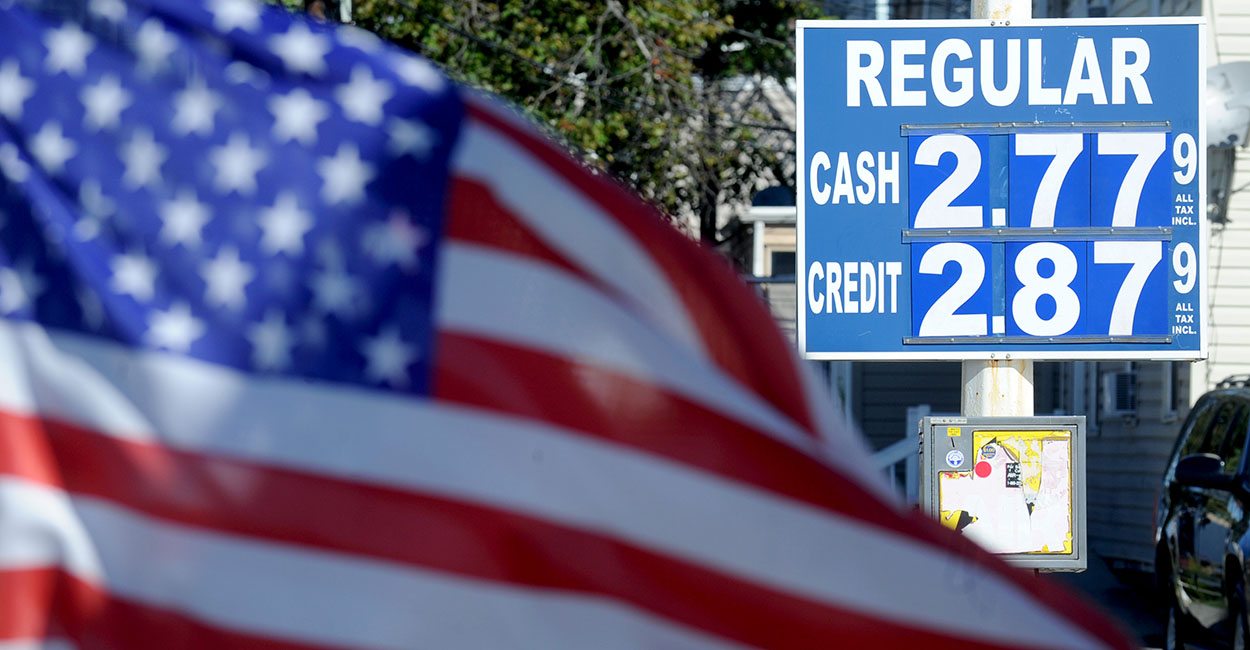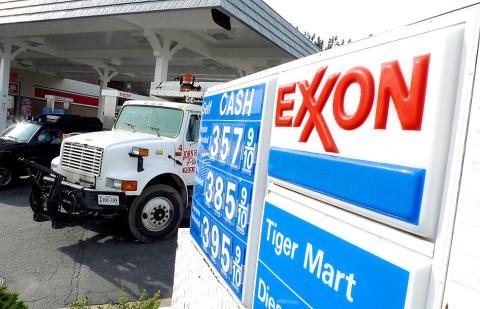
(Hint: It’s Not Because of Green Energy)
An excellent piece that isn't getting the kind of attention it deserves. OPEC no longer the power bloc in world energy prices? Saudi realizing its power is now weakened? And North America becoming a major petroleum exporting giant.
Great for us and not so great for others.
Read more of this excellent piece @ The True Reason Gas Prices are Falling Hint It s Not Because of Green Energy
And then comes this - Slumping oil prices not slowing Texas boom @ Slumping oil prices not slowing Texas boom
And the following from this piece is excellent news:
Nationally, the energy boom unleashed by fracking in 2012 led to 2.1 million jobs, generated nearly $75 billion in federal and state tax revenues, and contributed $283 billion to the U.S. GDP, according to a report last year by IHS, a research and consultancy firm. By 2020, this will grow to 3.3 million jobs, more than $125 billion in tax revenue, and more than $468 billion in GDP, it said.


